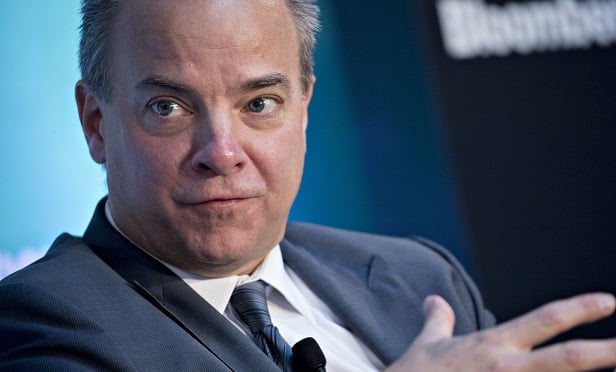- Benefits Broker
- Benefits Manager
- Retirement Advisor
- Awards
- Broker Expo
- FreeERISA
- Leads
- Career Center
- More
About The Author
CONNECT WITH THIS AUTHOR
July 03, 2018
December 28, 2017
December 12, 2017
December 01, 2017
November 28, 2017
November 10, 2017
October 30, 2017


